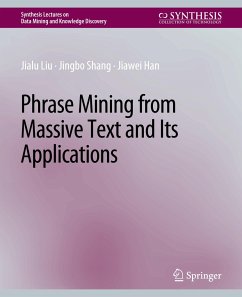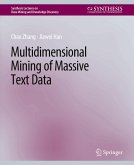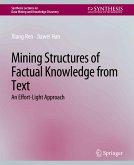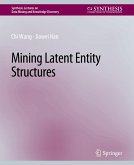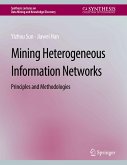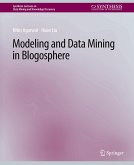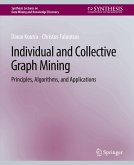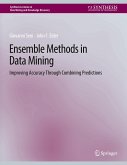A lot of digital ink has been spilled on "big data" over the past few years. Most of this surge owes its origin to the various types of unstructured data in the wild, among which the proliferation of text-heavy data is particularly overwhelming, attributed to the daily use of web documents, business reviews, news, social posts, etc., by so many people worldwide.A core challenge presents itself: How can one efficiently and effectively turn massive, unstructured text into structured representation so as to further lay the foundation for many other downstream text mining applications?
In this book, we investigated one promising paradigm for representing unstructured text, that is, through automatically identifying high-quality phrases from innumerable documents. In contrast to a list of frequent n-grams without proper filtering, users are often more interested in results based on variable-length phrases with certain semantics such as scientific concepts, organizations, slogans,and so on. We propose new principles and powerful methodologies to achieve this goal, from the scenario where a user can provide meaningful guidance to a fully automated setting through distant learning. This book also introduces applications enabled by the mined phrases and points out some promising research directions.
In this book, we investigated one promising paradigm for representing unstructured text, that is, through automatically identifying high-quality phrases from innumerable documents. In contrast to a list of frequent n-grams without proper filtering, users are often more interested in results based on variable-length phrases with certain semantics such as scientific concepts, organizations, slogans,and so on. We propose new principles and powerful methodologies to achieve this goal, from the scenario where a user can provide meaningful guidance to a fully automated setting through distant learning. This book also introduces applications enabled by the mined phrases and points out some promising research directions.

